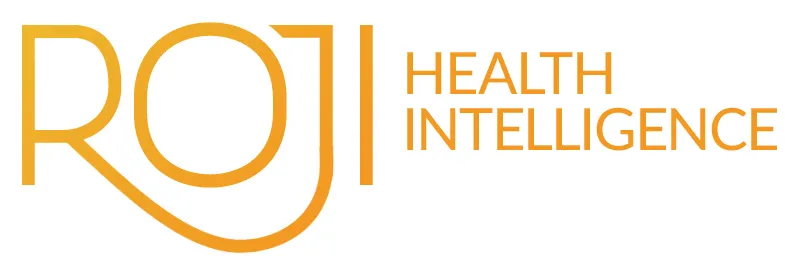“We chose to go to the moon” President John Kennedy’s statement instigated a monumental marshaling of resources to achieve a remarkable goal. Those famous words also established a powerful metaphor for aiming high. We need an equally monumental shift in purpose and commitment of resources for how we conduct clinical science. Nothing less than our […]
AI May Be the Future, But It’s Not (Yet) the Future of Clinical Research
Good medical practice depends on good clinical research. Without rigorous, replicable, reliable research findings, we cannot trust that our medical decisions are based on truth. To put it bluntly, flawed research leads to bad medicine. It’s essential that we get it right. In this series, I have argued for a more rigorous approach. The present […]
Here’s One Way to Do Better Science
Clinical research with randomized trials (RTs), as opposed to basic or bench research, is the science of comparison. RTs ask a fundamental question: Is “x” better than “y”? They do more than observe how treatments work; they also require methods that control the research environment. Finding an independent contribution of one action over another demands […]
If Not Now, It’s Too Late: More Clinical Science Pitfalls and a Path to Improvement
Let’s review three major vulnerabilities with how randomized trials (RTs) are conducted, as discussed so far in this series. Critically appraising a research study involves determining the “internal and external” validity. Internal validity deals with the conduct of the study, per se. External validity deals with whether the study’s findings can be generalized to others […]
If Not Now, It’s Too Late: Clinical Science Is Futile If We Study the Wrong Population
In 1936, the Literary Digest, a respected national magazine, undertook a public opinion poll. Who would win the race between Republican Alfred Landon, governor of Kansas, and Democratic incumbent Franklin D. Roosevelt? Mock ballots were mailed to 10 million Americans. About 2.4 million responded—one of the largest survey samples ever created. Their prediction? Landon would […]
If Not Now, It’s Too Late: Clinical Science Needs Fixing
In 1967, the year I graduated from high school, my family’s television required “rabbit ear” antennae with perched aluminum foil. Our farming family had little time to watch TV, but when we did, the ritual included a side trip to reset the antennae’s angle to ensure good reception. Today, I watch a clear picture on […]
How to Recognize “Fake” Medical News — And Why It Matters
Is coffee good for you? A recent headline suggested that people who drink coffee live longer. Sounds great to me. I drink a lot of coffee, so maybe I will be immortal. But, wait, another report links coffee to cancer. Dang. Estrogens were once touted as a life saving elixir for women of elegant ages, […]
It’s Not What We Don’t Know That Hurts Us: It‘s What We “Know” That Isn’t So
Making a decision is a—or really—“the” fundamental activity of life. The decisions we make, the consequences of those decisions, our feelings about the consequences, our interpretation of whether we made a good or bad decision based on those consequences, in total, form the basis of our life’s experiences, and, often, how we decide the next […]
The Dirty Little Secret About Performance Measurement Data
“The data just hooks up.” That was an opening remark from a competitor applauding his company’s scoring system for physician quality. He went on to explain how this data produced reliable scores on quality. The idea that data hooks up and produces a true scoring system for quality is a fantasy. Not only is data […]









